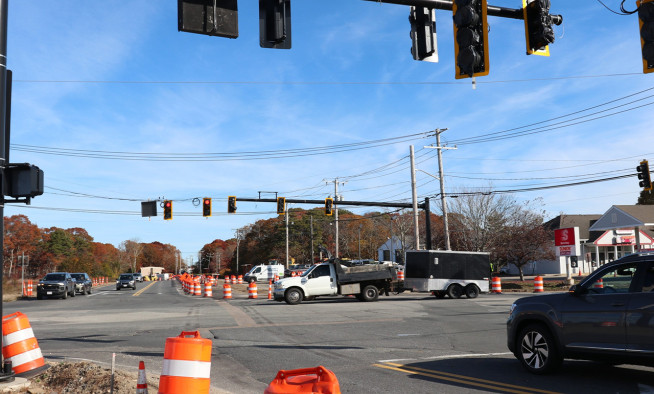October 2023: From the Executive Director
After nearly a year of research, data collection, collaboration and engagement, the Cape Cod Regional Housing Strategy is nearing completion. With impactful regional recommendations and new tools and resources for our communities, Cape Cod is poised to take meaningful and bold action on housing. The housing crisis isn’t a new problem, but the way we’re addressing the issue has changed.
With an estimated regional housing shortfall of 11,000-21,000 units by 2035, a diverse mix of strategies that retain year-round units and support development and redevelopment of new units is critical to success. We set out to identify innovative options, taking insight from around the country while leveraging existing efforts and local priorities. The Regional Housing Strategy identifies dozens of strategies to address challenges faced by developers, municipalities, homeowners, and renters.
We must be willing to revise the zoning practices of the past. Our recently completed zoning analysis identifies that while single-family homes are allowed by-right on 75% of zoned land, multi-family development greater than 2 units is allowed by-right on only 2% of the Cape’s zoned parcels. This needs to change. New tools and resources, like our recently released mixed-use model bylaw and multi-family residential design guidelines, can be adapted and employed at the local level to support zoning changes that allow and encourage the housing development and redevelopment we need in appropriate locations and at appropriate scales.
While the Cape is unique in many ways, we are not the only community grappling with housing challenges. This month, Governor Healey unveiled the Affordable Homes Act, a five-year, $4.1 billion housing bond bill that includes funding and policy reforms that support the production, preservation and rehabilitation of more than 65,000 homes statewide – making significant strides at addressing the state’s estimated housing shortfall of 200,000 units and creating opportunities that can support action on Cape Cod. Initiatives include allowing ADUs by right, allowing for local option transfer fees that would support affordable housing funds, allowing for adoption of inclusionary zoning by simple majority, a new Seasonal Communities Designation, and streamlining the process for providing surplus public land for housing.
This legislation needed and benefited from the coalition of stakeholders from across the Commonwealth dedicated to solving this enormous challenge. By bringing diverse voices to the table, more options, tools and resources can become available to individuals, developers and municipalities across the state.
Many of the initiatives and priorities identified in the Affordable Homes Act are consistent with strategies and recommendations of the Regional Housing Strategy. This legislation and our Regional Housing Strategy provide a path forward to addressing housing supply, affordability, and availability on Cape Cod. Successful implementation will take bold action from towns, advocacy and community organizations, the business community, and others working together to solve this significant regional challenge.
-Kristy Senatori
Related Posts




